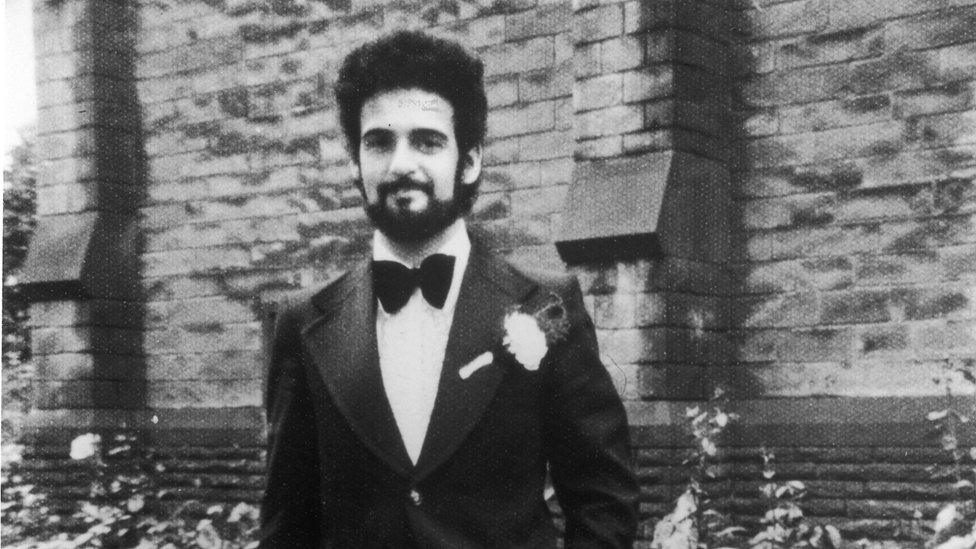Peter Sutcliffe: Serial killer refused Covid shielding measures
- Published
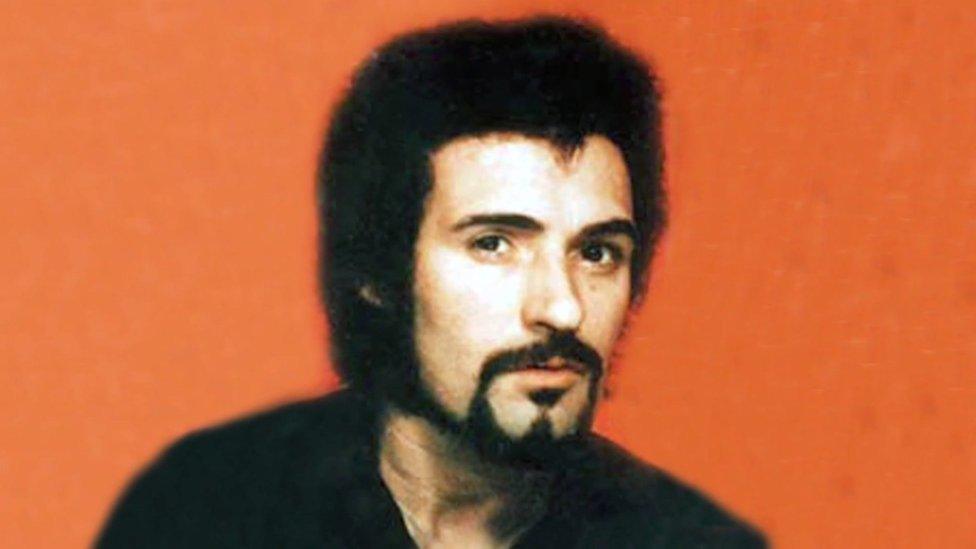
Peter Sutcliffe was convicted of murdering 13 woman
A coroner has expressed hope that victims of Peter Sutcliffe would "better rest in peace" after the serial killer's death with Covid-19.
The 74-year-old prisoner, serving life for murdering 13 women, caught the virus after refusing to shield.
Coroner Crispin Oliver concluded Sutcliffe died a natural death, with no suspicious circumstances.
As he delivered his findings, he addressed the victims' families and wished them "some sense of closure".
"Obviously I think of his family at this time, but (my thoughts) also return to those women whose names I read out at the opening of this inquest last November - they were his victims," he said.
"I hope you have some sense of closure at this point and that your loved ones, the victims, may better rest in peace now that Peter Sutcliffe is dead," he said.
The inquest heard that Sutcliffe, who suffered a range of health problems, was advised to shield by staff at HMP Frankland.
He was among a number of prisoners warned they were vulnerable to coronavirus due to his diabetes, heart disease and kidney disease.
Measures, including being kept apart from other inmates at mealtimes, were offered but Sutcliffe declined them, prison governor Lee Drummond told the hearing.
Sutcliffe, who had changed his surname to Coonan, tested positive for the virus on November 5 and died on 13 November at University Hospital of North Durham.
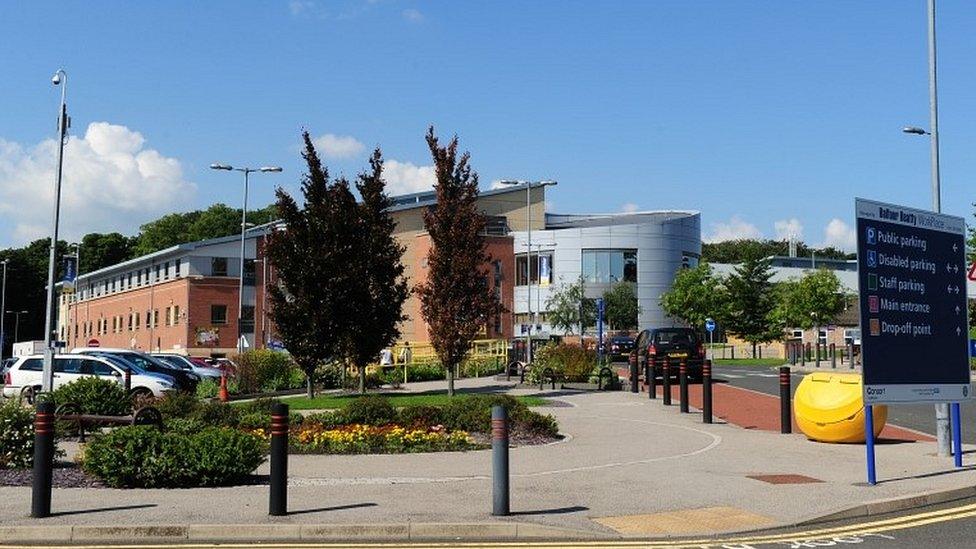
Sutcliffe died at the University Hospital of North Durham in November 2020
He was first taken to hospital on 27 October, having complained of feeling dizzy and being diagnosed at the prison's healthcare unit with a blocked heart.
After his return to jail on 4 November he tested positive for Covid-19, and returned to hospital twice before his third and final trip on 10 November.
Sutcliffe was held on Frankland's Alpha Wing after his transfer to the jail from Broadmoor secure psychiatric hospital in 2016.
He was held on Alpha wing, which caters for prisoners with mobility issues, and the governor said he was treated as a retired prisoner and did not have to work.
One of Sutcliffe's last acts in prison was to fall from his bed while trying to change the channel on his television, though he did not injure himself, the inquest heard.
Det Con Alistair Rogowski, who investigated Sutcliffe's death, said he was unable to examine his cell due to the prison's Covid lockdown but there was nothing to suggest the death was unnatural.
Pathologist Dr Clive Bloxham also gave evidence and said his post-mortem examination revealed Sutcliffe had "extremely heavy lungs" typical of a coronavirus patient.
He said the death was not suspicious and was from natural causes.
Sutcliffe's murders across Yorkshire and Manchester between October 1975 and November 1980 terrified northern England and led to a huge manhunt and a botched police inquiry.
His next of kin, ex-wife Sonia Woodward, had been informed of his deteriorating health, the coroner heard.
She had been invited to attend the hearing, but had declined.

Follow BBC Yorkshire on Facebook, external, Twitter, external and Instagram, external. Send your story ideas to yorkslincs.news@bbc.co.uk, external.
Related topics
- Published13 November 2020
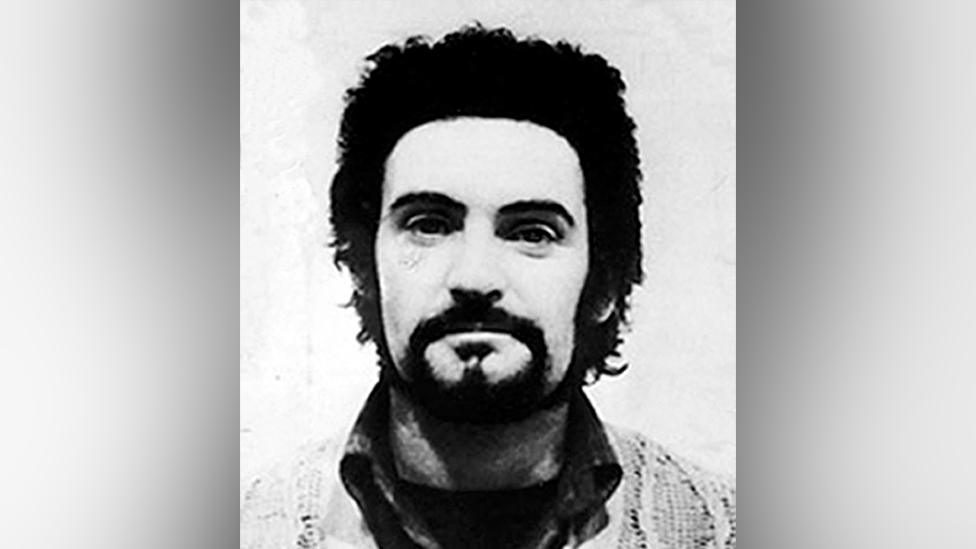
- Published12 February 2018
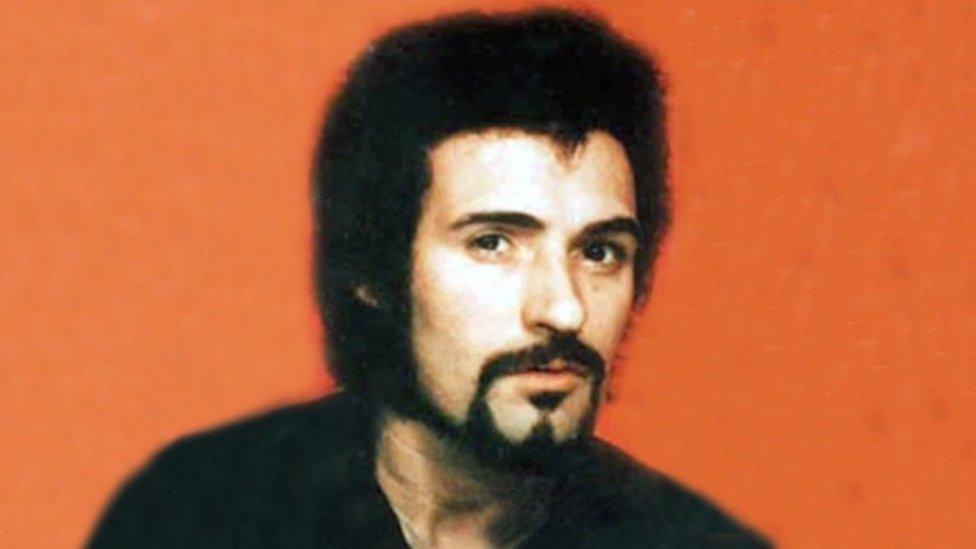
- Published3 April 2017

- Published25 August 2016
